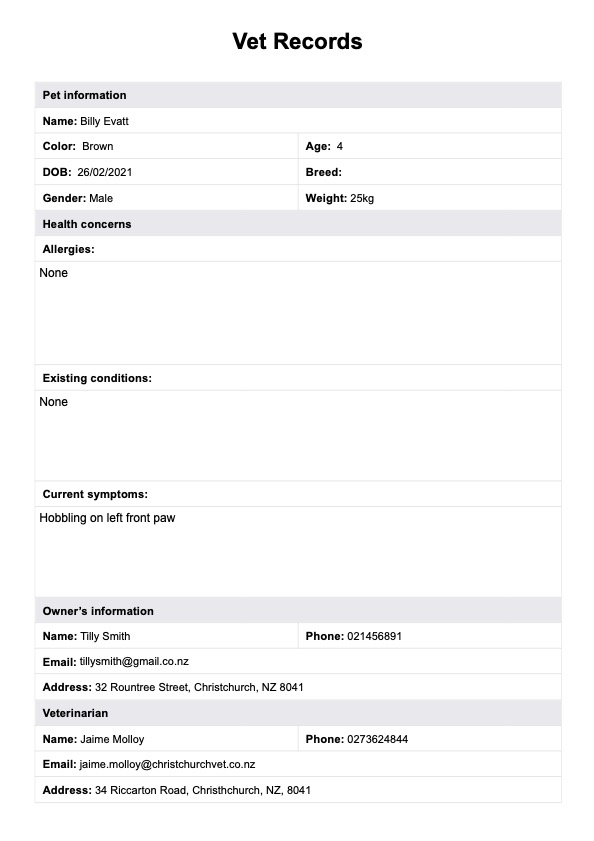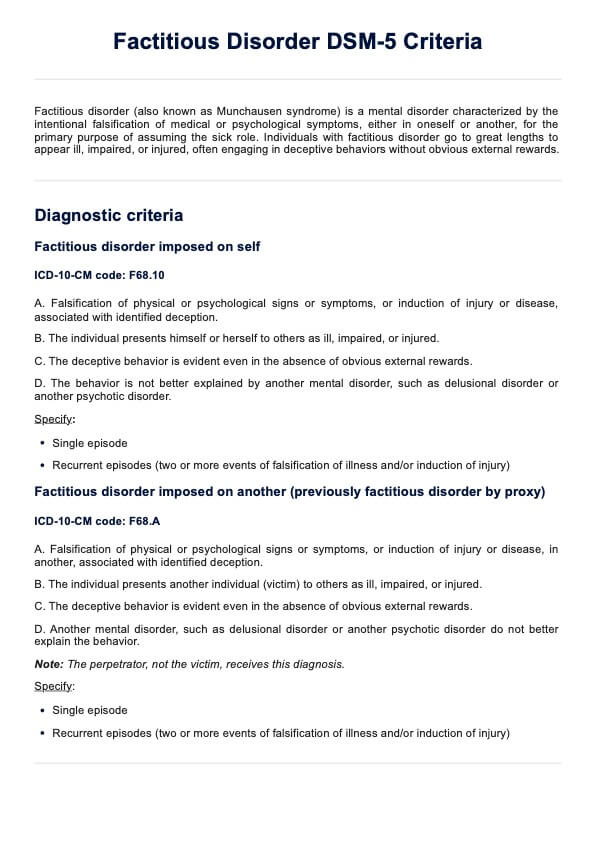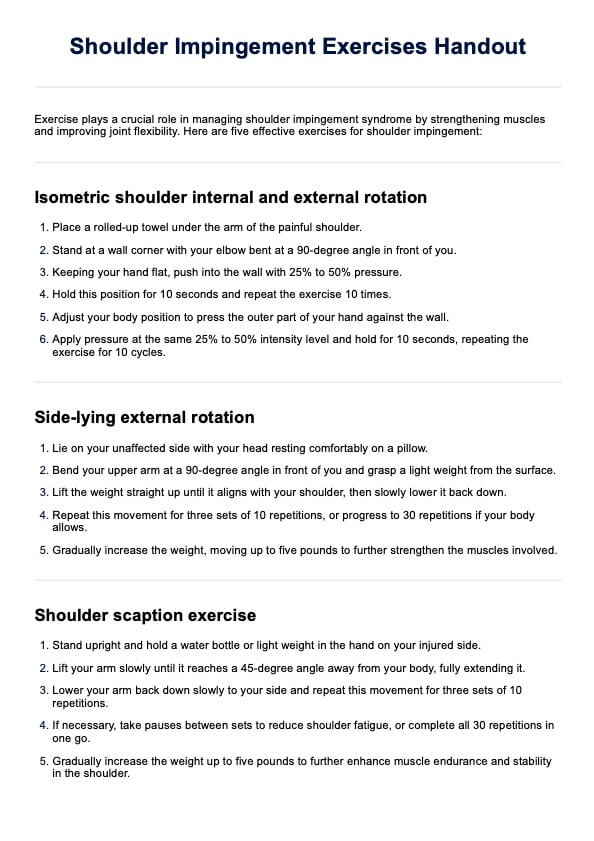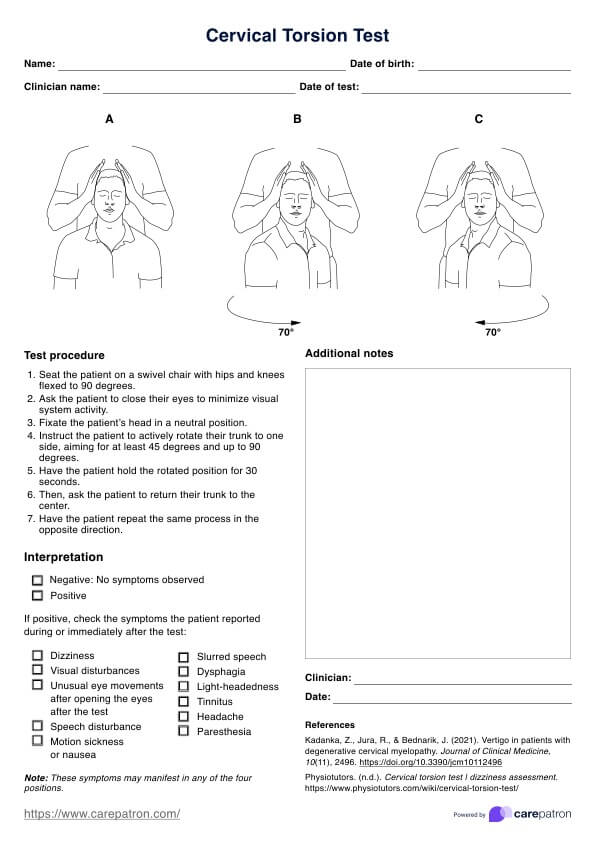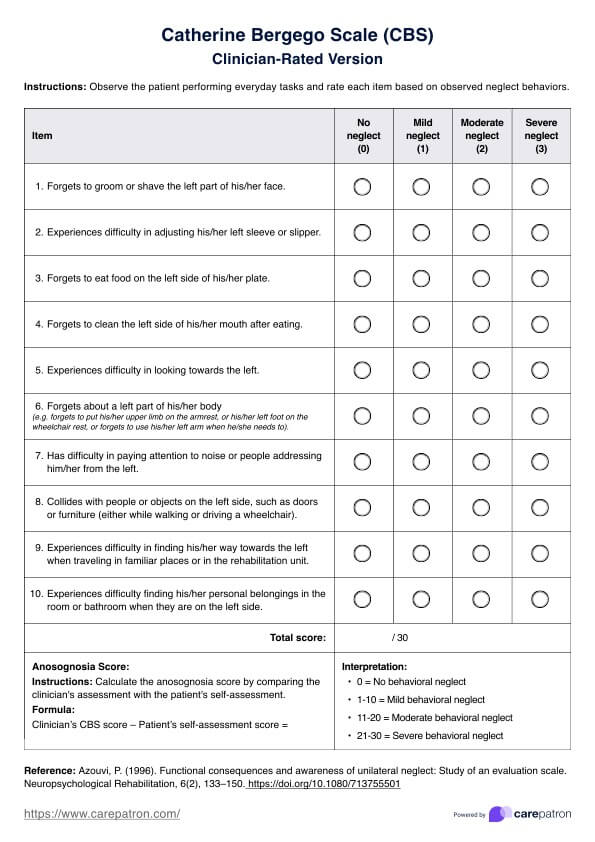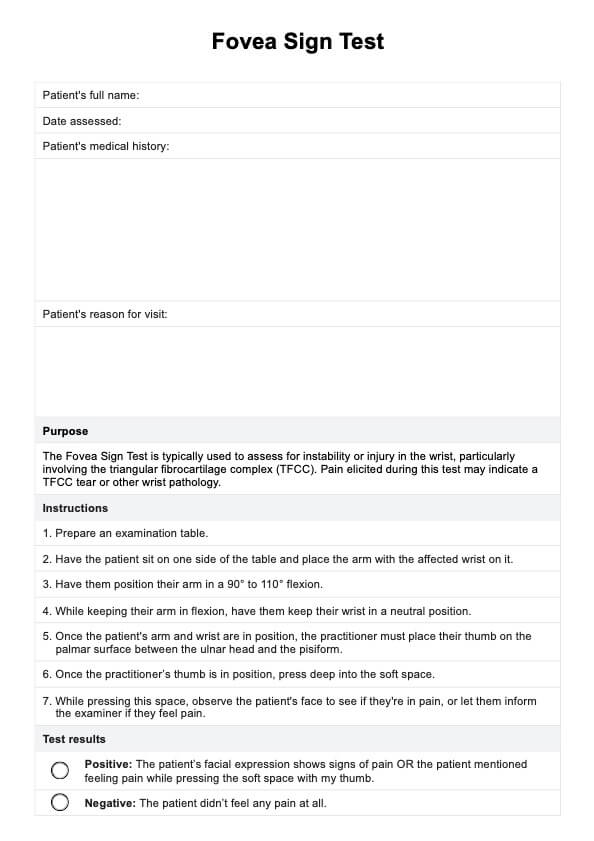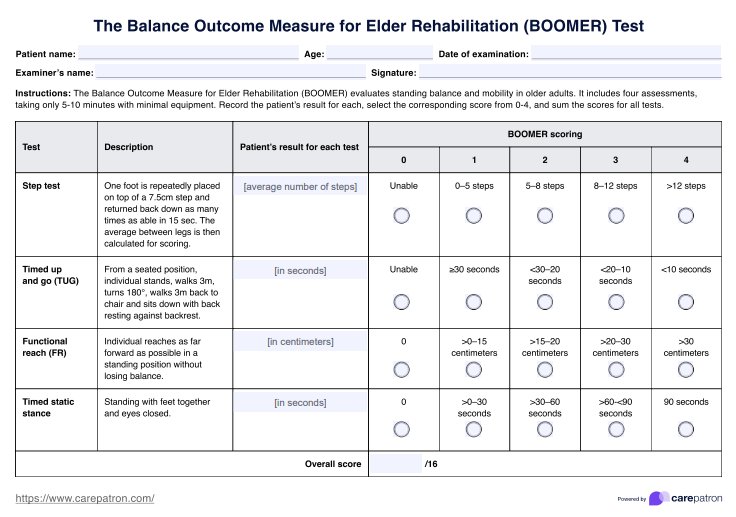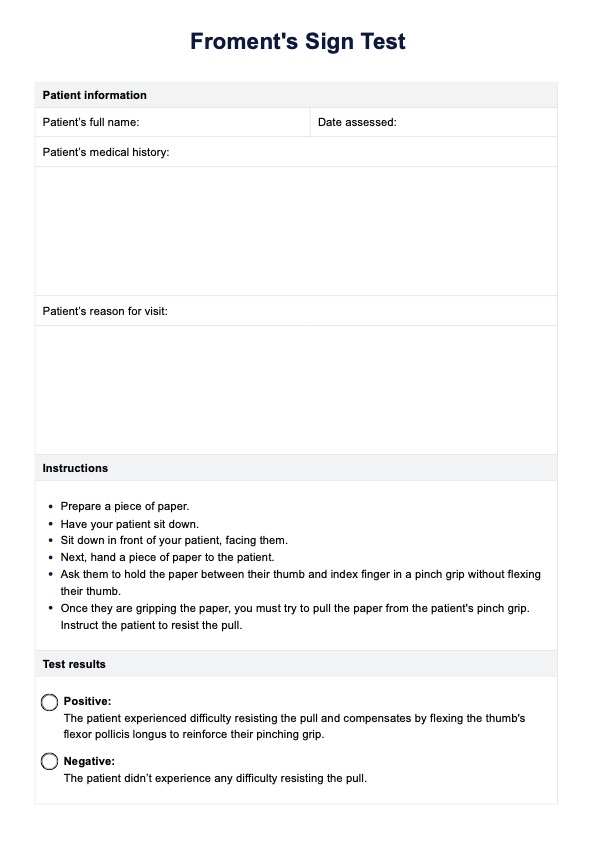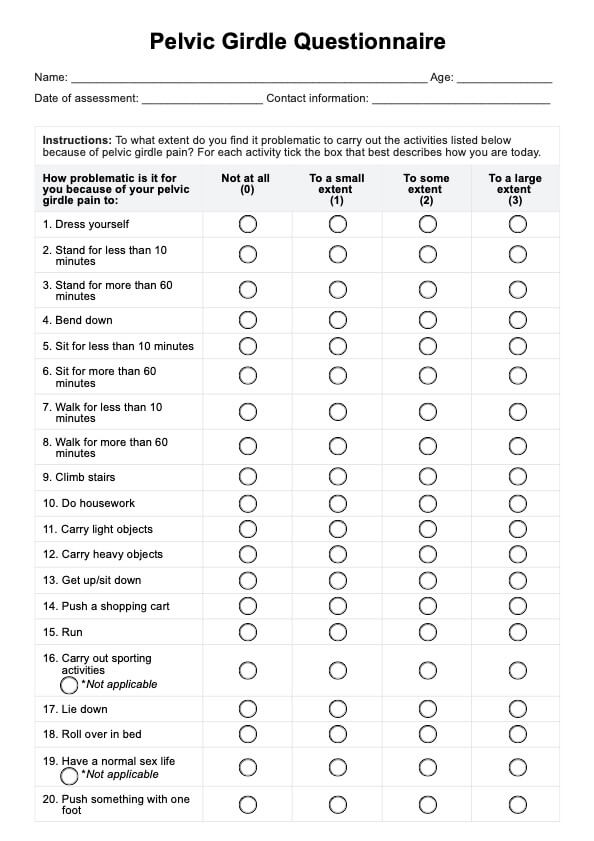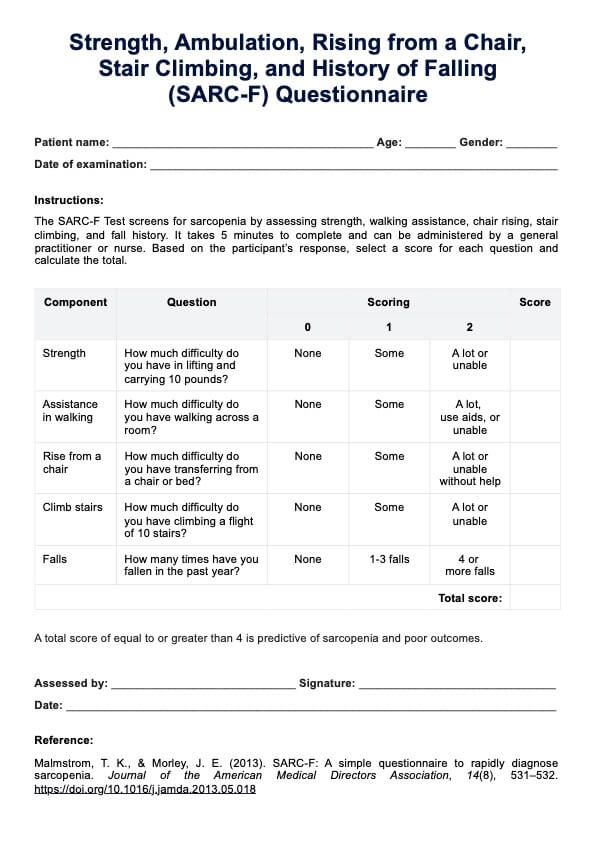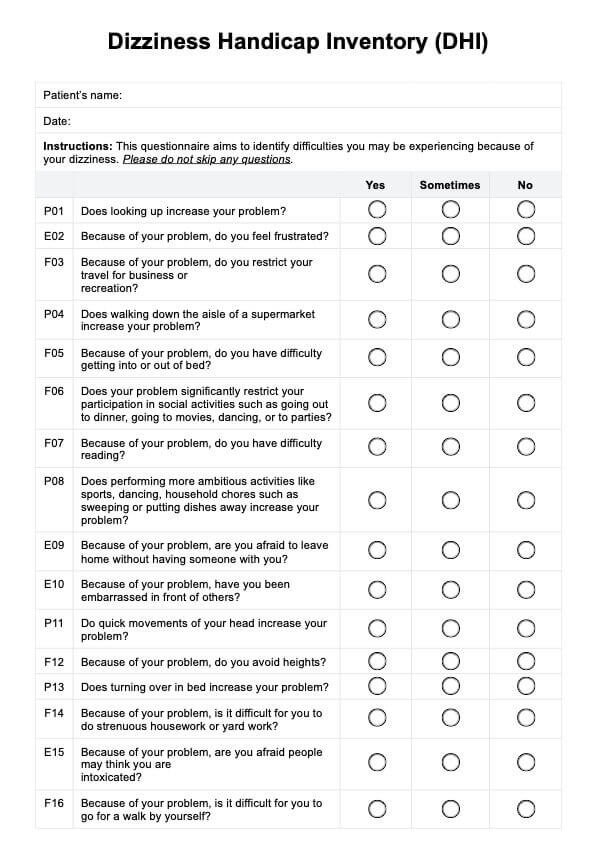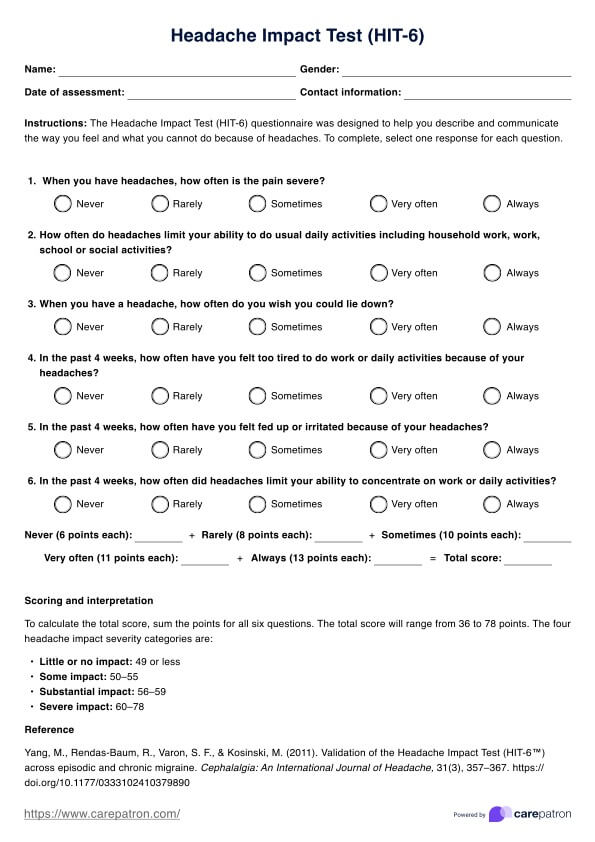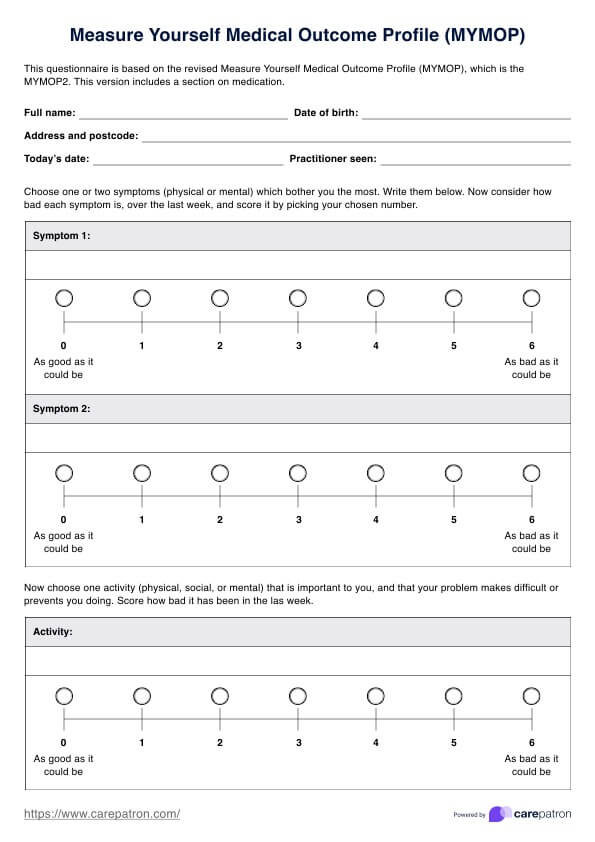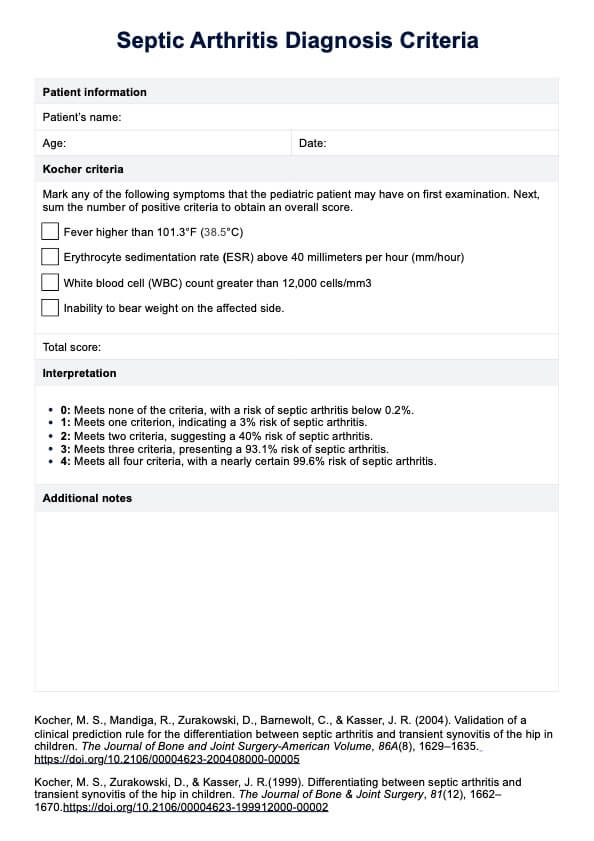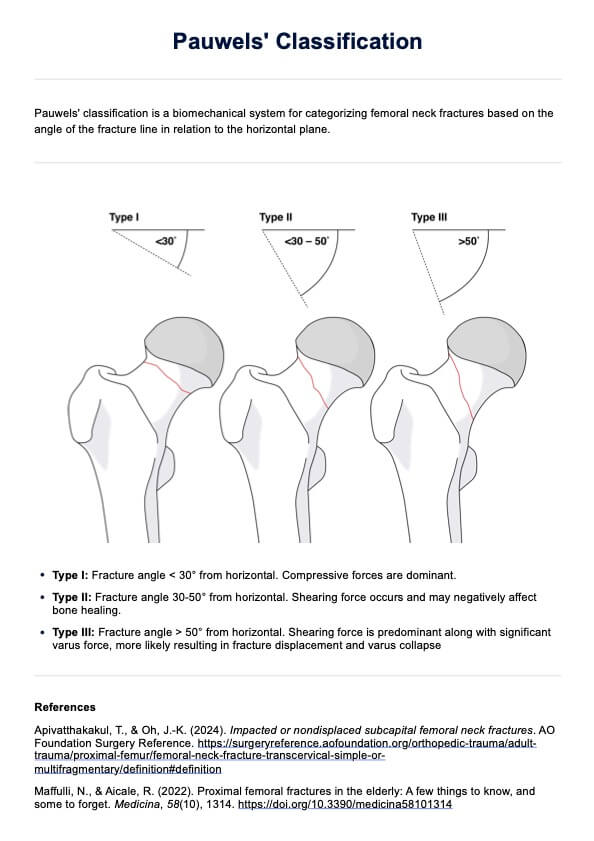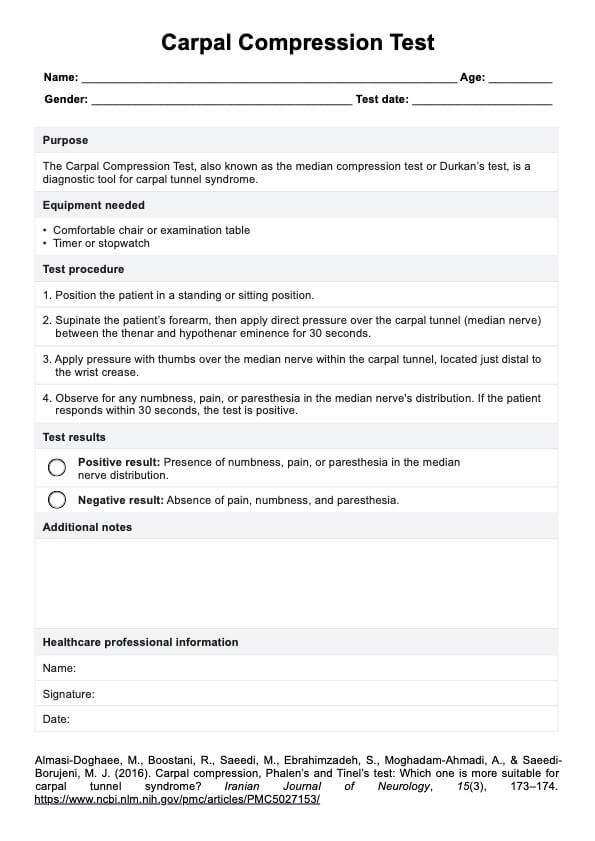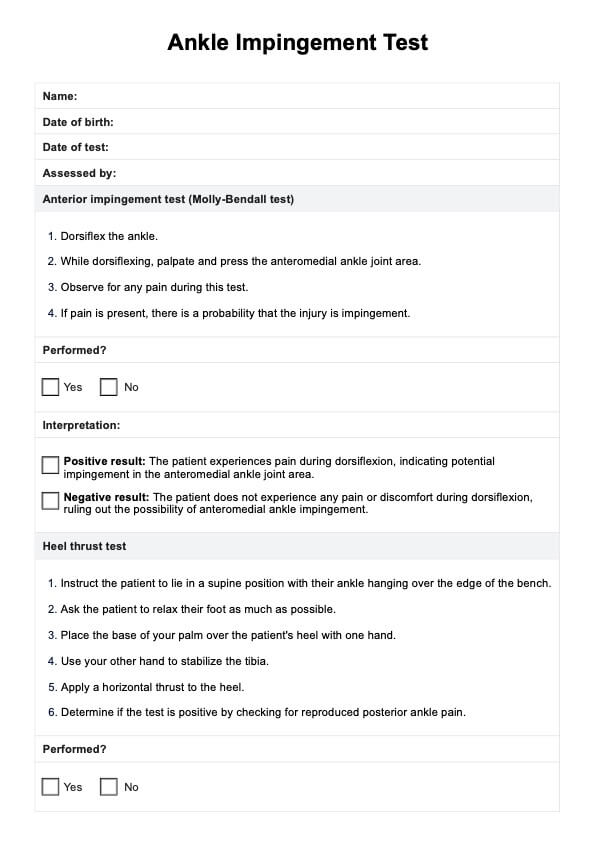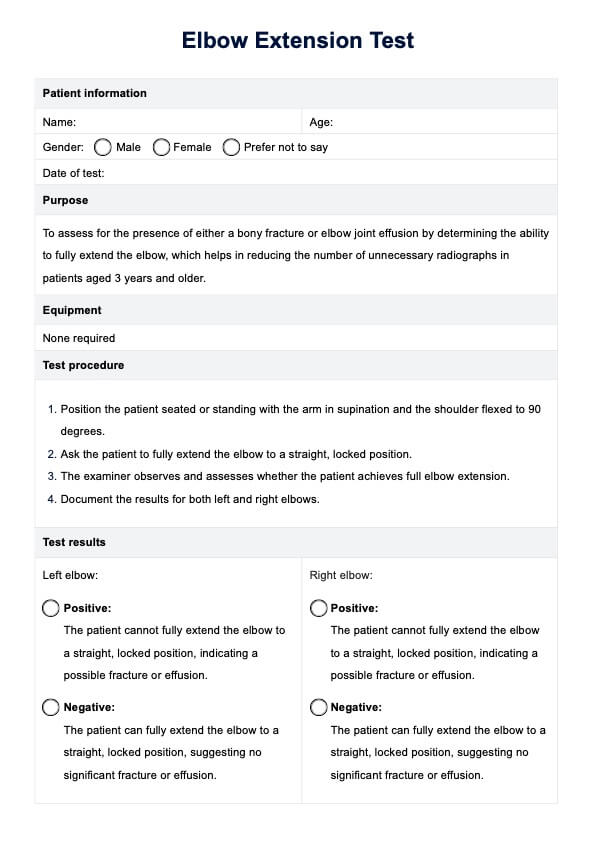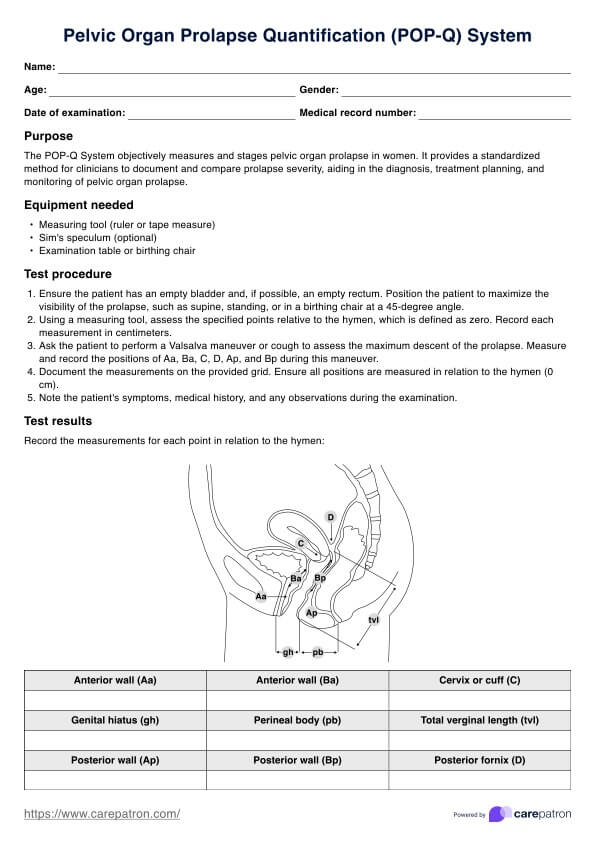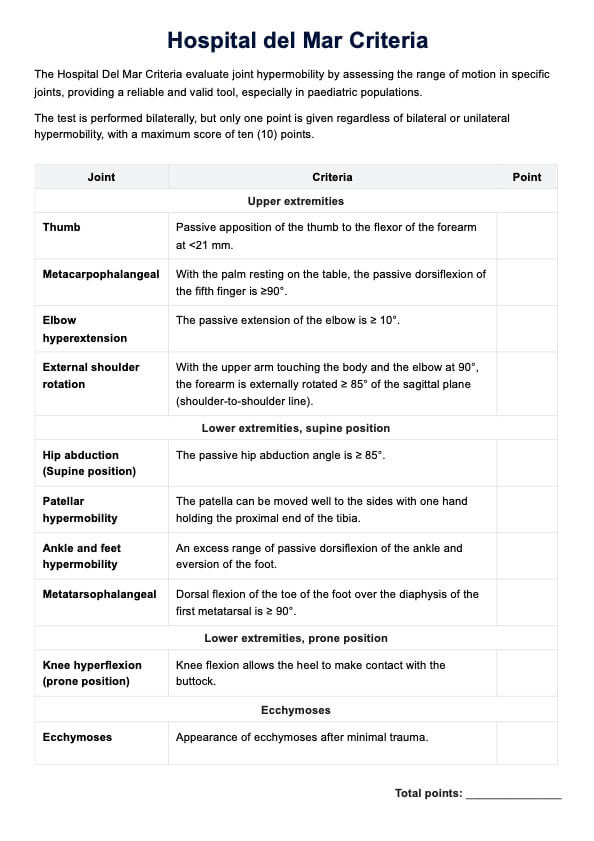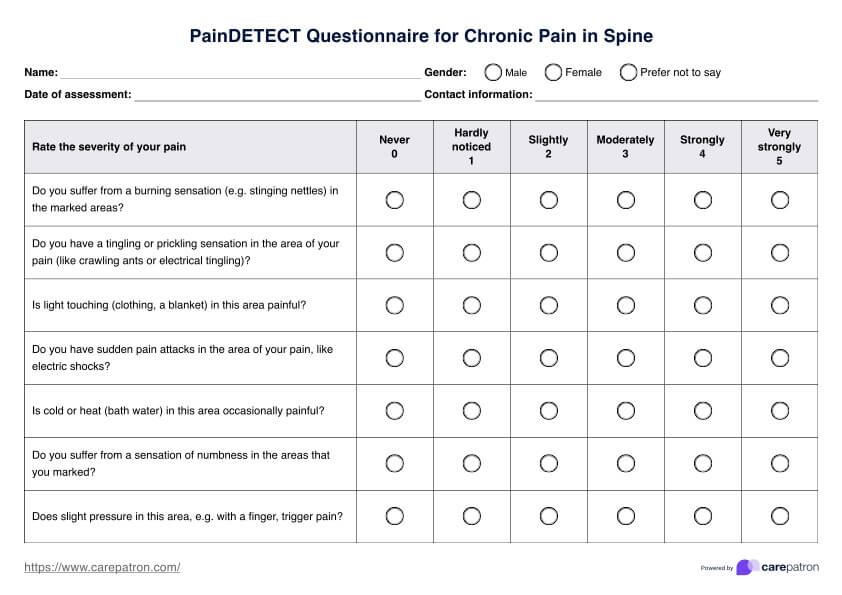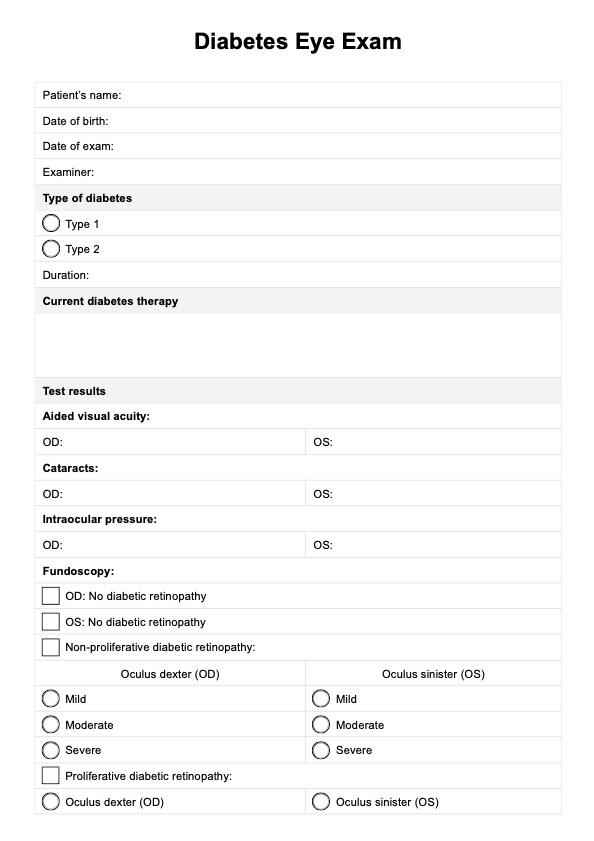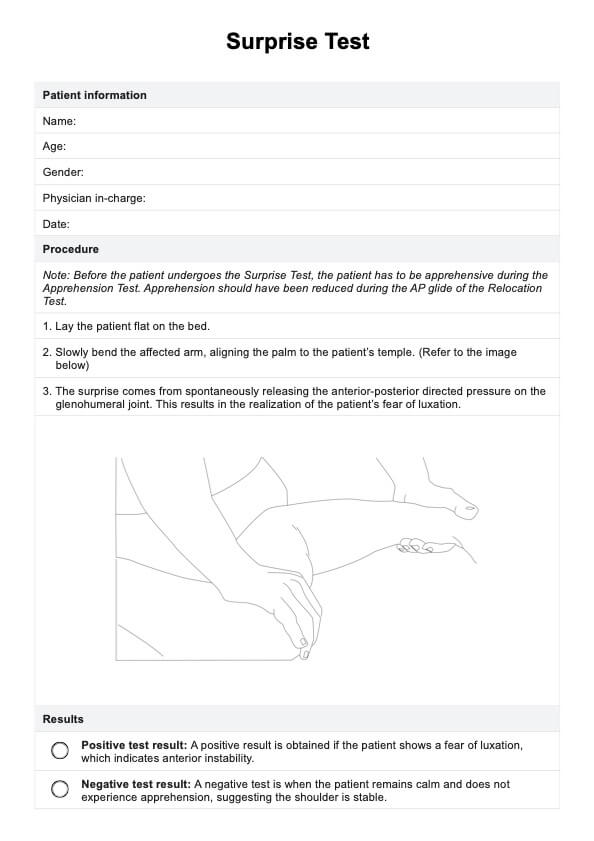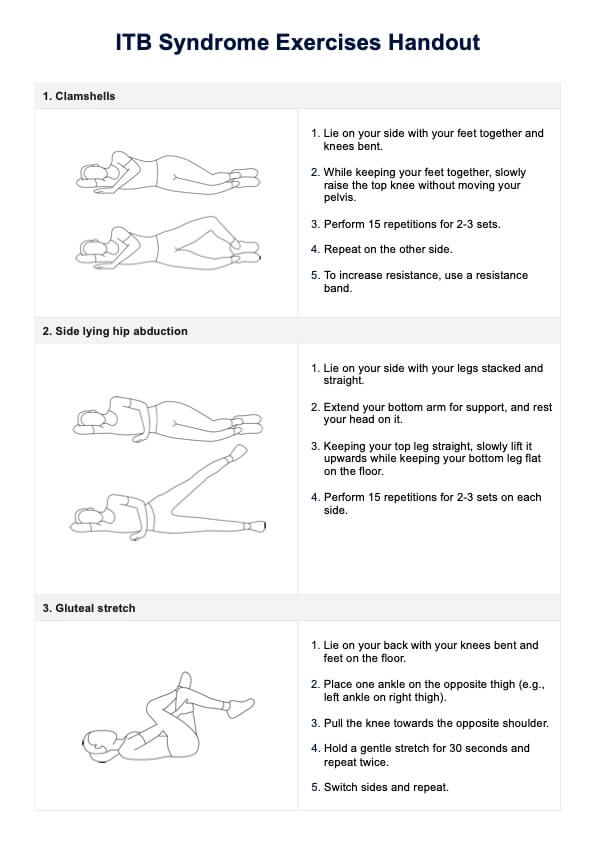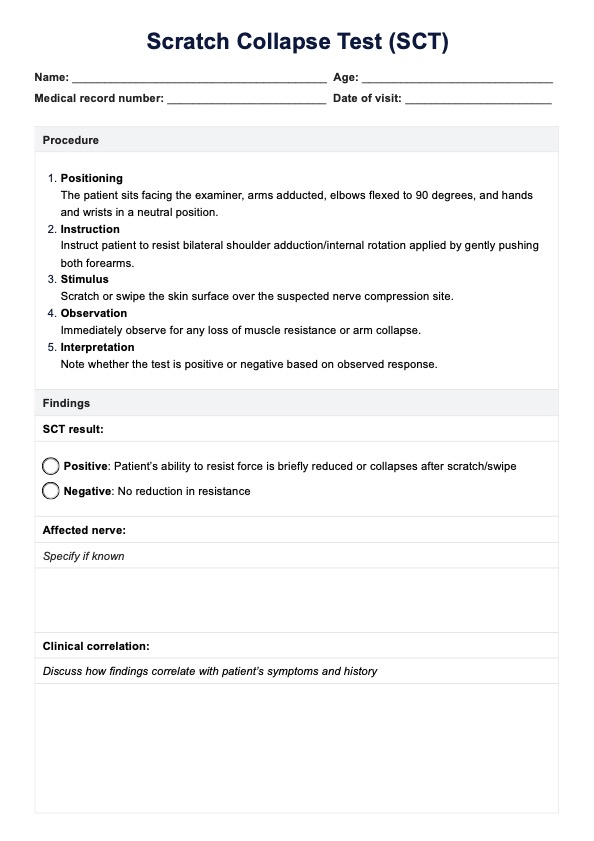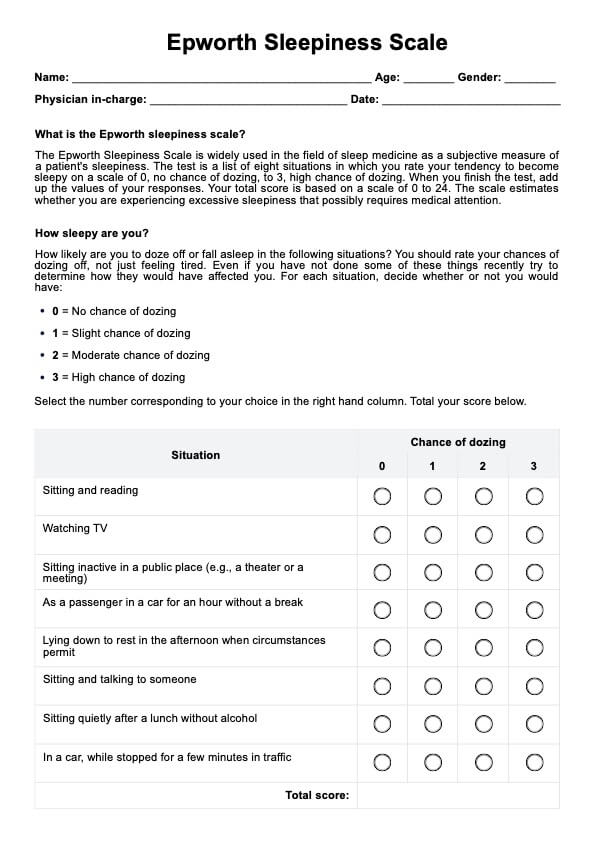Vet Records Template
Click here to learn more about the Vet Records Template and how to use it in practice.


What is a Vet Records Template?
In veterinary medicine, a veterinary record is essential for tracking the medical history of veterinary patients. When a pet visits veterinary clinics or a veterinary hospital, the veterinarian conducts a physical examination and documents any abnormalities, diagnostic tests, or treatment in the veterinary health record. These records provide both the veterinarian and the pet owner with a clear understanding of the pet’s past medical care (Trask, 2022).
Accurate veterinary medical record keeping is crucial for monitoring how patients respond to veterinary medicines and maintaining detailed notes on their overall health. Without a well-maintained vet record template, it would be difficult for veterinarians to recall each patient’s medications, surgeries, or other treatments throughout their lifetime, especially in busy veterinary practices (Trask, 2022).
Additionally, veterinary records serve as a legal document that may be required if a pet parent files a malpractice claim against a veterinary clinic or hospital. Like in human medical care, proper documentation ensures compliance with regulations like health insurance portability and protects both the veterinarian and the pet owners in the event of a dispute (Trask, 2022).
The Vet Records Template includes essential information such as:
- Pet information: Including name, age, DOB, breed, gender, weight, and color.
- Veterinarian details: Including name, clinic, and contact details.
- Health concerns: Including allergies and existing conditions.
- Owner's information: Including name, contact details, and address.
- Immunization history: This includes the age in weeks/months when immunized and the vaccine used.
- Medical history: Including date, description, diagnosis, tests/procedures performed, results, action, medication, and comments.
Vet Records Template
Vet Records Template Example
How to use our Vet Records Template
Here are the steps to use our free Vet Records Template:
Step 1: Download the template
Access the Vet Records Template by clicking "Use template," allowing you to edit the resource via the Carepatron app. For a PDF copy, choose "Download."
Step 2: Familiarize yourself with the template
Review the Vet Records Template to understand its structure and content. The template is structured to address different issues and ensure all essential details are covered during the consultation or vet visit.
Step 3: Use the template during consultations
Follow the template when discussing the pet's medical record with its owner. It will help ensure you provide clear and comprehensive details so that the pet owner has the correct and necessary information.
Step 4: Give a copy to patients
Share the Vet Records Template with pet owners to reinforce the information discussed. This allows them to review the details at their own pace.
Benefits of using Vet Records Template
Here are the key benefits of using our free Vet Records Template to streamline your records, process, and improve patient care and pet owner communication:
Simplifies the documentation process
Our Vet Records Template streamlines the creation and management of veterinary records by providing a structured format. This ensures that all critical aspects of a pet’s care, including medical history, medications, and treatments, are clearly documented and easy to follow, reducing the risk of missing important details during visits.
Ensures comprehensive communication with pet owners
The template facilitates clear and thorough communication with pet owners about their health. By following a standardized format, veterinarians can confidently explain diagnoses, treatment plans, and follow-up care, ensuring that pet parents are fully informed and engaged in their pet's care.
Saves time in veterinary clinics
Our Vet Records Template allows veterinary professionals to efficiently document patient information during consultations. This saves veterinarians and clinic staff time, enabling them to focus on providing quality care while maintaining accurate and thorough records.
Promotes consistency across veterinary practices
By adhering to a standardized template, veterinarians can ensure consistency in documentation across different veterinary clinics and veterinary practices. This enhances the accuracy of veterinary medical records and supports compliance with legal and regulatory requirements.
Improves pet owner understanding and trust
Our template helps pet parents better understand their pet’s medical care by providing clear, well-organized information. This transparency fosters trust between veterinarians and pet owners, leading to a more positive experience and stronger client relationships.
Supports legal compliance and protection
Accurate and consistent veterinary health records serve as crucial legal documents in case of malpractice claims or disputes. Proper documentation helps protect veterinary professionals and veterinary hospitals by demonstrating adherence to standard care practices and ensuring legal compliance.
Reference
Trask, K. (2022, November 16). Veterinary record keeping: Medical templates, examples & laws. Otto. Retrieved December 02, 2024 from https://otto.vet/veterinary-record-keeping/
Commonly asked questions
Veterinary medical records are detailed documents that track a pet's medical history throughout its visits to a veterinary clinic or hospital. These records include physical examinations, diagnostic tests, treatments, medications, and vaccination history.
They are essential for ensuring continuity of care, helping veterinarians monitor a pet’s health over time, and providing critical information for accurate diagnosis and treatment. They also serve as a legal document that protects veterinarians and pet owners in case of a dispute or malpractice claim.
Pet owners have the right to access their pet's veterinary health records. However, the records are legally owned by the veterinary clinic or hospital. Pet owners can request copies of the records, especially when transferring care to another veterinarian or seeking a second opinion.
Yes, veterinary health records can be transferred between clinics. When switching veterinarians, the new clinic typically requests the records from the previous clinic to ensure continuity of care.



